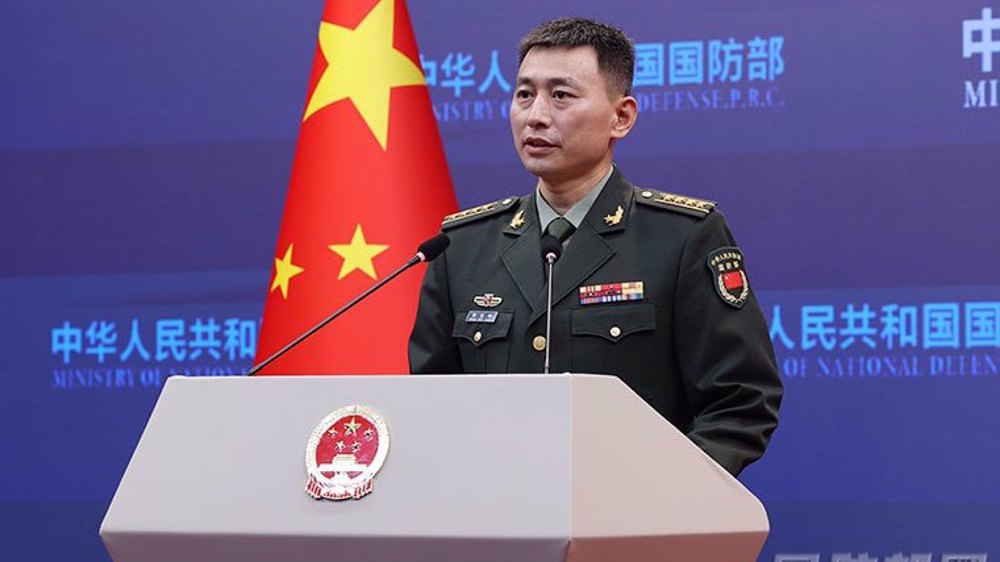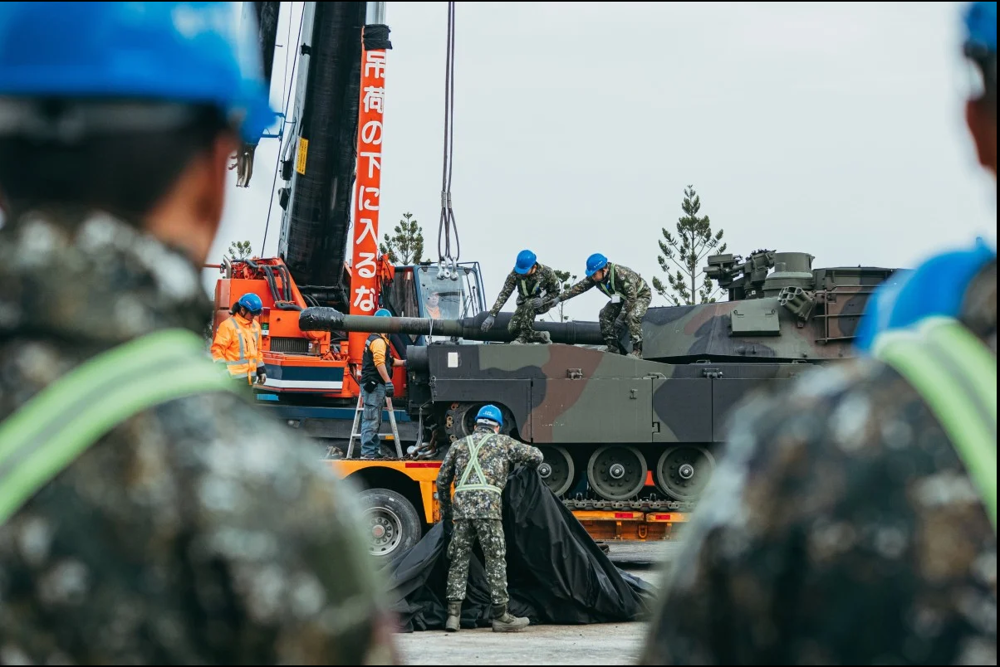N Korea issue no good reason for THAAD deployment: Russia, China
Russia and China have once again voiced opposition to the deployment of a US missile system to South Korea, saying the North Korean nuclear program should not be used as a pretext for military build-up on the troubled peninsula.
During a meeting between Russian Foreign Minister Sergey Lavrov and his Chinese counterpart Wang Yi in Moscow on Friday, the two sides agreed that the installation earlier this year of the so-called Terminal High Altitude Area Defense (THAAD) in South Korea fuels tensions in the region.
“We noted that attempts to use Pyongyang’s actions as a pretext to boost military presence in the region, including the deployment of another part of the US' global anti-missile defense, are counterproductive,” Lavrov said.
“We are for adopting measures that, on the one hand, would hamper the further development of the North Korean nuclear missile programs, but at the same time would not lead to an increase in tensions in the region, would not block the possibility of a political and diplomatic settlement of the Korean Peninsula’s nuclear problem,” he added.
The Chinese foreign minister, for his part, noted that Beijing opposed the THAAD deployment in South Korea.
“We insist that the peninsula should be denuclearized while peace and stability should be ensured, as we stand against any statements that could raise tensions, and oppose the deployment of the THAAD system to South Korea under the pretext of the North Korean nuclear issue,” Wang said.
During the bilateral meeting, the Russian top diplomat stressed that Moscow and Beijing expected all parties to abide by United Nations Security Council resolutions concerning the Korean Peninsula.

“All resolutions of the UN Security Council should be implemented, they stipulate that Pyongyang must stop missile and nuclear tests and envisage certain enforcement measures to impel North Korea to meet these demands,” Lavrov said.
Meanwhile, the Chinese foreign minister also stressed the need for dialog on the North Korean nuclear issue, adding that use of military force would cause only negative consequences.
“Military actions can only escalate the crisis and bring serious consequences. No matter it was in the past, or in the future, it should not be an option for any country. China and Russia have reached consensus on this issue,” Wang said.
“We urge the Democratic People’s Republic of Korea (DPRK) to stop acting against the UN Security Council resolutions and create necessary conditions for the resumption of dialogue and negotiations,” he noted.
North Korea regularly carries out missile tests and has also conducted five nuclear tests.
Pyongyang, under an array of sanctions for its missile and nuclear programs, says it is developing arms as deterrence against US hostility. North Korea has vowed that it would not abandon its missile and nuclear programs unless Washington ended its enmity toward Pyongyang.
Unsettled by North Korean missile and military nuclear programs, the United States has adopted a war-like posture against Pyongyang in recent weeks, sending a strike group to the Korean Peninsula and conducting joint military drills with North Korea’s regional adversaries Japan and South Korea.
The new US administration has warned that military intervention in North Korea is an option being considered.
American warplane downed after Yemeni attacks 'baffled' US air defense: Ansarullah
VIDEO | Yemenis praise the military for its successful operations against Israel
VIDEO | Israel continues to bomb Gaza homes
VIDEO | An insider's view of the country: Meybod City in Yazd
‘All wars have rules. All of those rules have been broken’ by Israel
VIDEO | Report flags India’s violation of rights of Rohingya detainees
Turkey's foreign minister meets Syria's de facto leader in Damascus
VIDEO | US Syria plots










 This makes it easy to access the Press TV website
This makes it easy to access the Press TV website